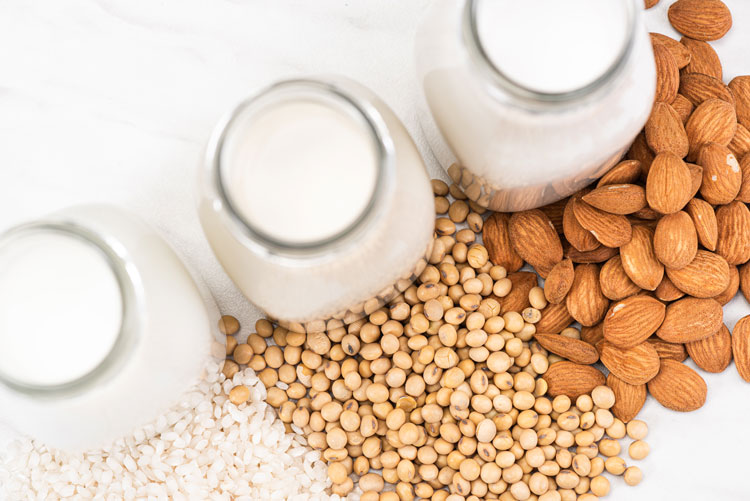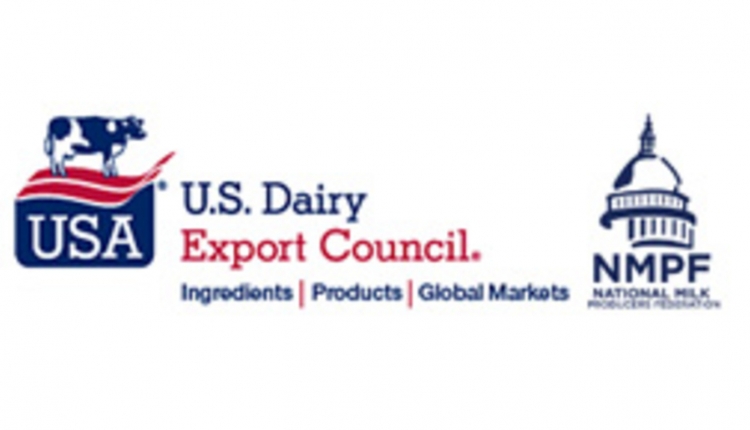
The guidance, which can be downloaded here, is not a law and is only in its draft form. However, it offers the FDA’s current view on the naming of plant-based milk alternatives. That view boils down to the FDA’s belief that, although the agency established a standard of identity for milk in 1973, the standard of identity must only be followed by products that purport to be or are represented as milk.
“Although many plant-based milk alternatives are labeled with names that bear the term “milk” (e.g., “soy milk”), they do not purport to be nor are they represented as milk,” the guidance document says on page 7.
That statement is based on information received by the FDA in response to a notice they issued in 2018 asking for comments on the labeling of plant-based products. The majority of data submitted indicated that consumers understand that plant-based milk alternatives do not contain milk and are distinct products. In fact, most people choose to buy them specifically because they are not milk, FDA says.
“Non-standardized foods,” or those that do not have a standard of identity, must bear the common or usual name of a food, the guidance continues. Plant-based milk alternatives do not have a standard of identity because the composition of these beverages varies widely.
The common or usual name — defined as what an article is known by to the American public — for such drinks is “milk,” FDA says, based on focus groups they commissioned and conducted. The term is “strongly rooted” in consumers’ vocabularies when describing these beverages and they feel familiar and comfortable with the term. “Participants also said that the term ‘beverage’ and ‘drink’ may suggest lower quality than a product called ‘milk,’” the document states.
Because of the common name rule, plant-based alternatives can bear the name milk, FDA says. It may be used on a label as one word, multiple words, or hyphenated (soymilk, soy milk, or soy-milk). The only restriction FDA lays out is that the plant source should be included in the name; “plant-based milk” is not sufficient.
Nutrition concerns
While FDA says consumers recognize that plant-based milk alternatives are not real milk, they also noted that several studies submitted in comments to the 2018 notice indicated that consumers do not understand the nutritional differences between milk and its alternatives. Respondents to one survey, in particular, said they expect that plant-based alternatives are comparable to milk in terms of nutrition.
Even more shockingly, the guidance continues, “The research also suggests that a majority of consumers who purchase plant-based milk alternatives state they do so because they believe the products are healthier than milk.”
Recognizing such, FDA’s guidance also outlines a recommendation for plant-based alternative milks with a nutritional difference to add a voluntary nutrition statement noting the difference. The document includes USDA’s Food and Nutrition Service fluid milk nutrient criteria levels for calcium; protein; vitamins A, D, and B12; magnesium; phosphorus; potassium; and riboflavin to determine if a beverage is nutritionally different from milk. If so, the FDA recommends a statement on the product’s principal display panel denoting it, such as “Contains a lower amount of potassium than milk.” However, that is simply a voluntary recommendation.
In response to the draft guidance, the National Milk Producers Federation (NMPF) rejected the FDA’s “circular logic” that previous inaction on enforcing milk’s standard of identity now justifies the designation of a common and usual name and committed to continuing to push for truthful labeling. The guidance comes just weeks after NMPF filed a Freedom of Information Act request into FDA’s inaction on this topic.
Comments are being accepted on the draft guidance until April 24. You can submit comments and read the full document here.








